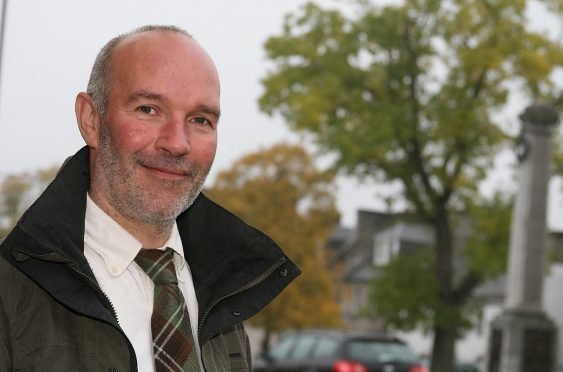‘Crofters have been cheated, says Federation’.
So ran the Scottish Crofting Federation (SCF) headline following the ministerial announcement that the Areas of Natural Constraint (ANC) support scheme is not going to be introduced this year after all. Scottish Government has instead opted to reduce support payments to the fragile areas.
For years the ANC support scheme was to replace the Less Favoured Areas Support Scheme (LFASS) which has been consistently misused to divert public money intended for support to the fragile areas to act as a ‘top-up’ for the industry farms on better land.
For decades crofters have had to put up with being thrown the scraps, but the European directive that LFASS has to be replaced with the ANC scheme, which would be much more favourable for those constrained areas that actually need the support, looked like the light at the end of the tunnel.
If LFASS is not replaced with ANC it has to be reduced by 20% this year, and then every year reduced further. So, instead of an expected increase in compensation, crofters are faced with the certainty of a 20% cut.
The SCF held its annual gathering in Applecross on the theme of ‘Crofting’s Place in Europe’. Two ministers, Fergus Ewing, Cabinet Secretary covering rural issues including crofting, and Michael Russell, Minister leading Brexit negotiations for Scotland, both gave excellent talks on their aspirations and led enthusiastic discussions.
Following a very impressive line-up of rural development activists speaking, a workshop gave participants a chance to record their views on what crofting needs from an agricultural / rural policy for Scotland, whether in or out of the EU. All the groups agreed crofting has suffered in the past from being considered as an add-on to the agriculture industry – it is much more and deserves its own focus, a stand-alone programme for crofting.
The crofting programme has to be incentive-based with realistic bureaucracy appropriate to small-scale holdings. It would include livestock schemes and also support to wider rural development. The miscarried three region model devised by ‘the industry’ would be replaced with two regions – areas of natural constraint and the rest. Areas of natural constraint would be supported by a scheme based on the European ANC model, but in addition would also recognise peripherality – distance from markets and suppliers. The scheme must be based on the principle ‘more constraint, more support’.
Introducing ANC now would have shown a commitment by Scottish Government to supporting the peripheral areas in the uncertain times to come. Instead the Scottish Government have chosen to cut the income of crofting families in some of the most remote and fragile rural communities in Scotland.
With the results of the Crofting Commission elections we hope to see the end to of the unrest within the crofting regulator. It is now for the commissioners to settle in and to get on with the important role they have in overseeing the strategic direction of the Crofting Commission – and advising ministers on crofting matters. In the difficult times ahead, we need all crofters and commissioners to present a united voice for crofting.
* Patrick Krause is the chief executive of the Scottish Crofting Federation
